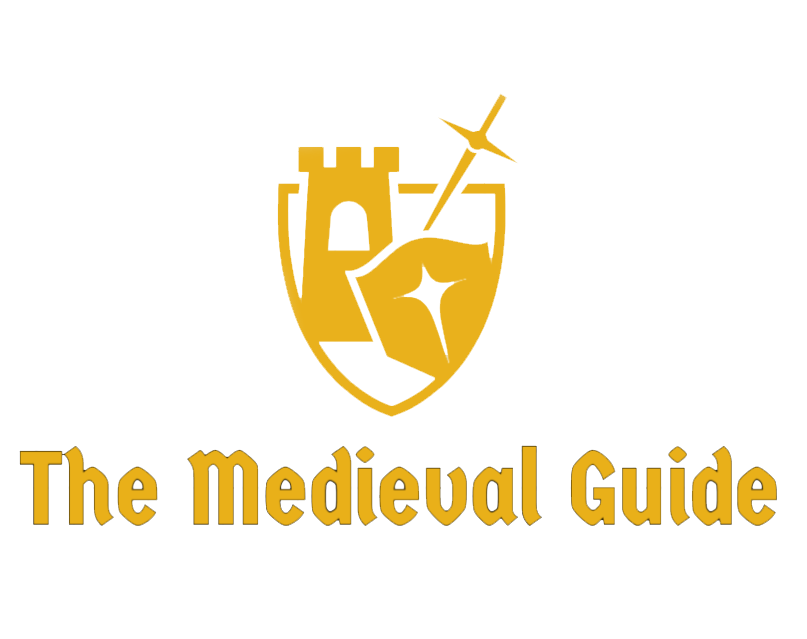The role of medieval knights in society was complex and multifaceted, and their relationships with their families were no exception. While some knights may have been able to maintain close relationships with their kin, others may have had more strained or distant connections.
These relationships were shaped by a range of social, economic, and cultural factors, including the knights’ responsibilities and duties, the dangers and uncertainties of their profession, and the expectations placed on them by society.
In this article, we will explore the various challenges and considerations that medieval knights faced when it came to maintaining relationships with their families, and how they navigated these challenges to form close and lasting bonds with their loved ones.
Challenges to Maintaining Family Relationships as a Knight
To begin with, it is important to understand the social and economic context in which medieval knights operated. Knights were a class of warriors who were trained in the art of warfare and were expected to serve their lord or king on the battlefield. They were also a part of the nobility, and as such, they were expected to adhere to certain codes of conduct and behavior.
One of the primary responsibilities of a knight was to defend his lord’s lands and interests, which often required them to be away from home for long periods of time. This could make it difficult for knights to maintain close relationships with their families, as they were frequently away on military campaigns or stationed at a distant castle.

Moreover, the life of a knight was often fraught with danger and uncertainty, and many knights did not survive to old age. This could have a significant impact on their families, who might have had to deal with the loss of a breadwinner or a protector.
Maintaining Family Bonds
Despite these challenges, many knights were able to maintain strong bonds with their families. They might have corresponded with their loved ones through letters or other forms of communication, or they might have visited them when they were not on duty.
In some cases, knights might have brought their families with them when they were stationed at a distant castle, which could have provided an opportunity for them to spend more time together.
Social and Cultural Expectations
In addition to the practical challenges of maintaining family relationships, knights also had to navigate complex social and cultural expectations related to their status and role in society. Knights were expected to marry and have children, and their marriages were often arranged for political or economic reasons.
This could sometimes result in strained relationships between knights and their spouses, as they may not have been able to choose their own partners.

Despite these challenges, many knights were able to form close and loving relationships with their families. They might have had strong bonds with their parents, siblings, and children, and they might have been involved in the upbringing and education of their offspring.
In some cases, knights might have even passed down their skills and knowledge to their children, who might have gone on to become knights themselves.
Conclusion
Overall, the relationship between medieval knights and their families was complex and varied, and was shaped by a range of social, economic, and cultural factors. While some knights may have had close and loving relationships with their kin, others may have had more distant or strained connections. Regardless of the specific circumstances, however, it is clear that knights were an integral part of medieval society, and their relationships with their families played a crucial role in shaping their lives and experiences.
